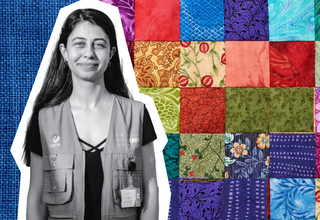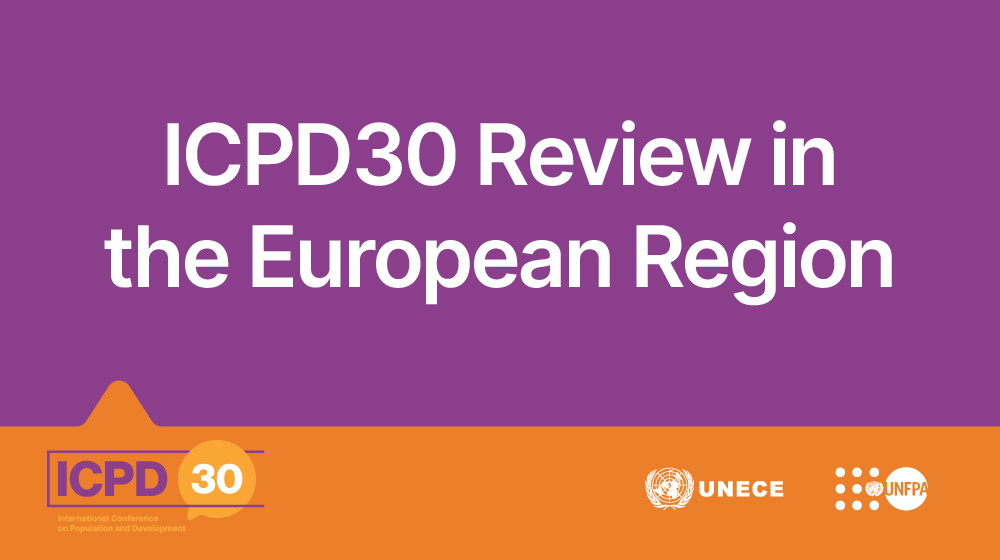Despite legal prohibitions, child marriage persists in Eastern Europe and Central Asia, in South-East Europe predominantly among ethnic minorities and in Central Asia more generally. Child marriage is defined as the union, whether official or not, of two persons, at least one of whom is under 18 years of age. By virtue of being children, child spouses are considered to be incapable of giving free and full consent, meaning that child marriages should be deemed a violation of human rights and the rights of the child.
While any child can be affected, many more girls than boys around the world are in child marriages, and where forced marriage involves a girl child, a range of her rights are affected, including the right to education, the right to life, and the right to physical integrity. Girl child spouses are usually forced to drop out of school to bear children and provide household labour. They also generally have few social connections, restricted mobility, limited control over resources, and little or no power in their new households, leaving them especially vulnerable to domestic violence, sexual abuse, and other forms of exploitation. If girl child spouses become pregnant, they often experience complications during pregnancy and childbirth, and early childbearing poses greater risks of maternal mortality and morbidity.
UNFPA is working to end child marriage by partnering with governments and civil society to enact and enforce laws against child marriage; to deliver comprehensive programmes addressing the social support and health needs of vulnerable and married girls, including their sexual and reproductive health needs; and to support the development of girls’ educational and economic opportunities. Within communities, UNFPA supports programmes that enable elders, parents, and other influential leaders to identify the dangers of child marriage to girls, promote girls’ rights, and find community-owned solutions to collectively discourage and eventually end this harmful practice.
When laws against child marriage are enforced and girls who are already married are supported, everyone benefits. Girls who are protected from the ill effects of child marriage are more likely to stay in school longer, delay childbearing, have healthier children, develop life skills, and earn a higher income, contributing not only to her own well-being, but that of her family and community.
Regional Reports on Child Marriage
Child Marriage in Eastern Europe and Central Asia: Regional Overview (English & Russian)
Child Marriage in Albania: Summary | Overview
Child Marriage in Armenia: Summary | Overview
Child Marriage in Azerbaijan: Summary | Overview
Child Marriage in Bosnia and Herzegovina: Summary | Overview
Child Marriage in Georgia: Summary | Overview
Child Marriage in Kazakhstan: Summary | Overview
Child Marriage in Kosovo (UNSCR 1244): Summary | Overview
Child Marriage in Kyrgyzstan: Summary | Overview
Child Marriage in the Former Yugoslav Republic of Macedonia: Summary | Overview
Child Marriage in Serbia: Summary | Overview
Child Marriage in Tajikistan: Summary | Overview
Child Marriage in Turkey: Summary | Overview



